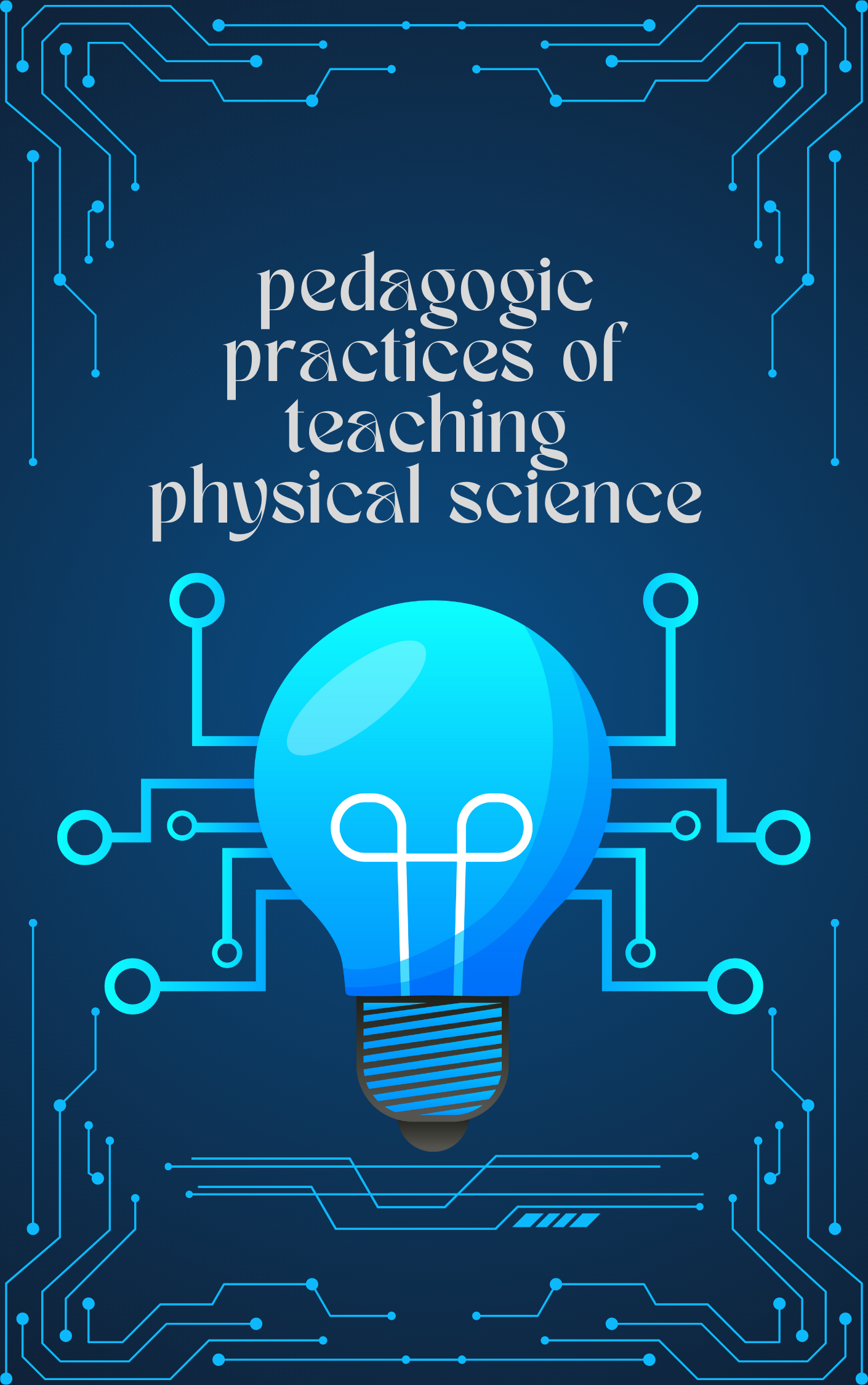
Course Aim
By the end of this course, BEd students of Physical Science will be able to demonstrate a proficient understanding of key principles and concepts in physical science, effectively apply pedagogical strategies to engage students in meaningful learning experiences, and create innovative lesson plans that foster critical thinking and problem-solving skills in their future classrooms.
COURSE LEARNING OUTCOMES
On the successful completion of the course, the learner will be able
to:
1. Develop competencies in pedagogic analysis and content analysis.
2. Critically analyze the suitability of various learning experiences
tosatisfy the diverse needs of learner
3. Develop competencies in preparing different levels of planning
ofinstruction for the effective transaction of Physical Science
4. Analyse variety of teaching- learning resources and utilize them
effectively in the learning process.
5. Plan, organize and execute activity aids and utilitise community
based resources in the learning process
6. Develop understanding of different families of Models of
Teachingand competency in using appropriate Models in different learning situations.
7. Prepare lesson transcripts based on Models of Teaching.
8. Understand the significance of assessment and evaluation in
thelearning process.
9. Construct evaluation tools using variety of test items of differentlevels to address student diversity.
Learner Characteristics
Target Audience: BEd students
Learner Profile:
Age: The BEd students can range in age from early 20s to mature adults returning to school for further education. This means that instructional materials need to be engaging for a diverse age group, ensuring they are relevant and relatable.
Existing Knowledge and Experience: BEd students typically have a foundational understanding of educational concepts and theories, as they are pursuing a degree in education. However, their specific areas of expertise may vary based on their chosen specialization or prior work experience. Instructional materials should build upon their existing knowledge while also challenging them to think critically and apply concepts in practical contexts.
Personal Motivations: BEd students are motivated to enhance their skills and knowledge in the field of education to become effective teachers or educational leaders. Their personal motivations may include a passion for teaching, desire for professional growth, and commitment to making a positive impact in the lives of students. Instructional materials should tap into their intrinsic motivation by highlighting the real-world relevance and application of the content.
Special Needs: Some BEd students may have special needs such as learning disabilities, physical impairments, or other challenges that require accommodations or adaptations in instructional delivery. It is important to provide multiple means of representation, engagement, and expression to support diverse learners and ensure equal access to educational resources. This may include providing alternative formats, assistive technologies, or additional support services to meet the individual needs of each student.
Overall, instructional considerations for BEd students should focus on creating a learner-centered environment that promotes active engagement, critical thinking, and practical application of knowledge in the field of education. Materials should be designed to accommodate diverse learning needs and preferences, foster a sense of community and collaboration, and empower students to become lifelong learners and effective educators.
- Teacher: POORNIMA T THATHAMMAL Poornima

